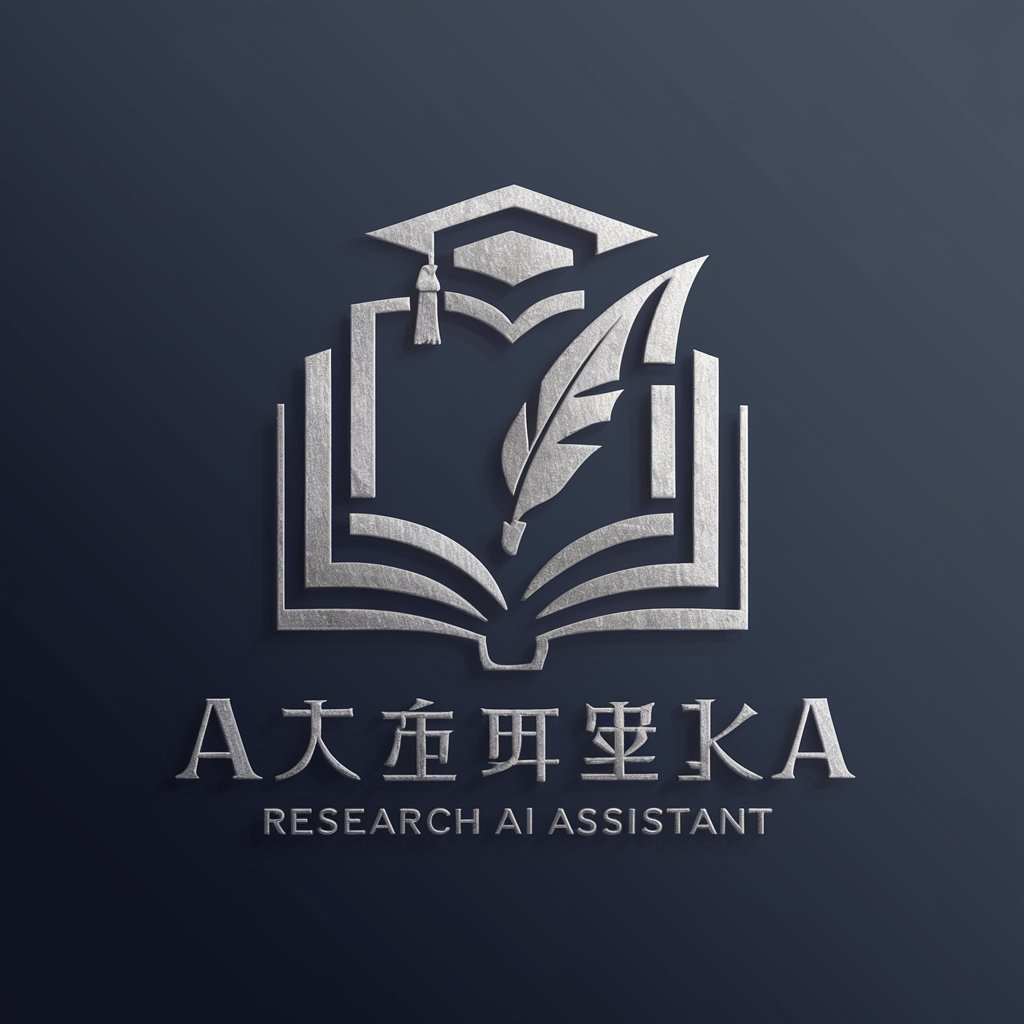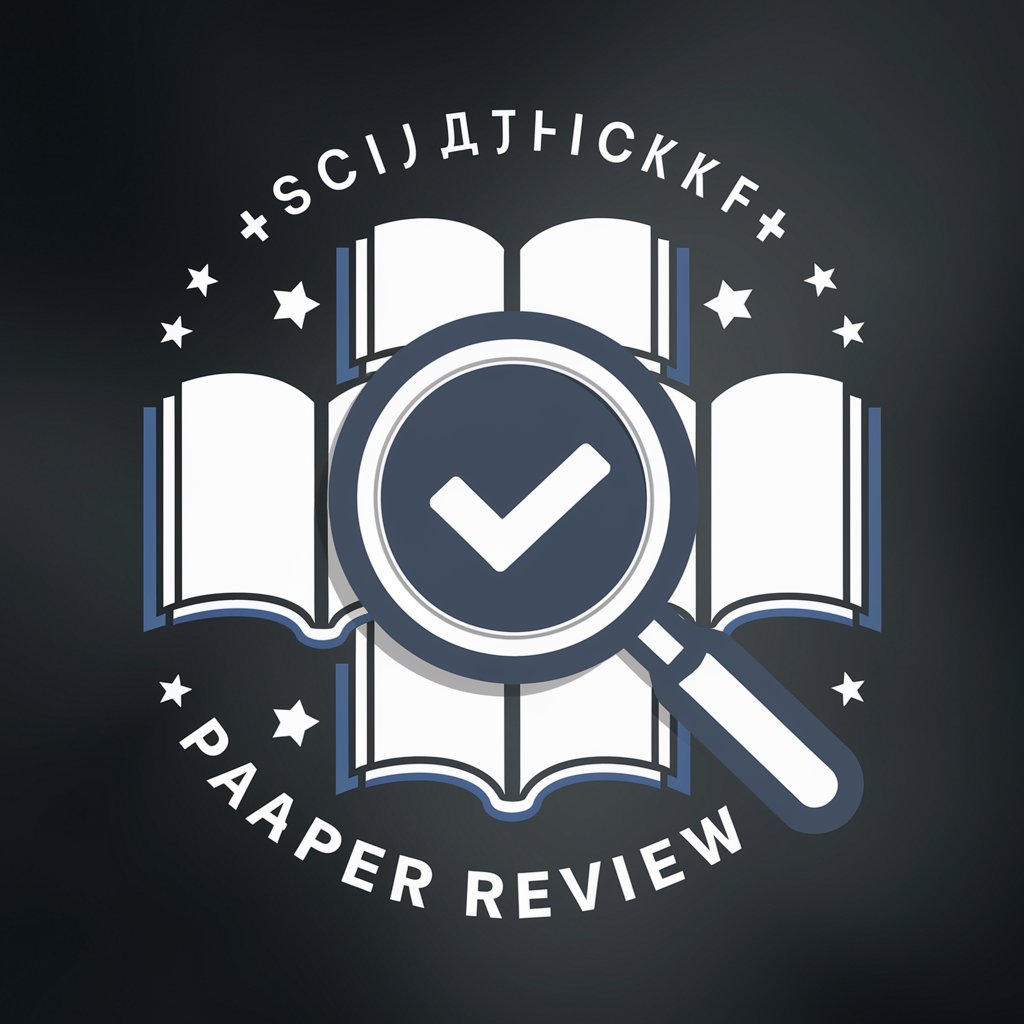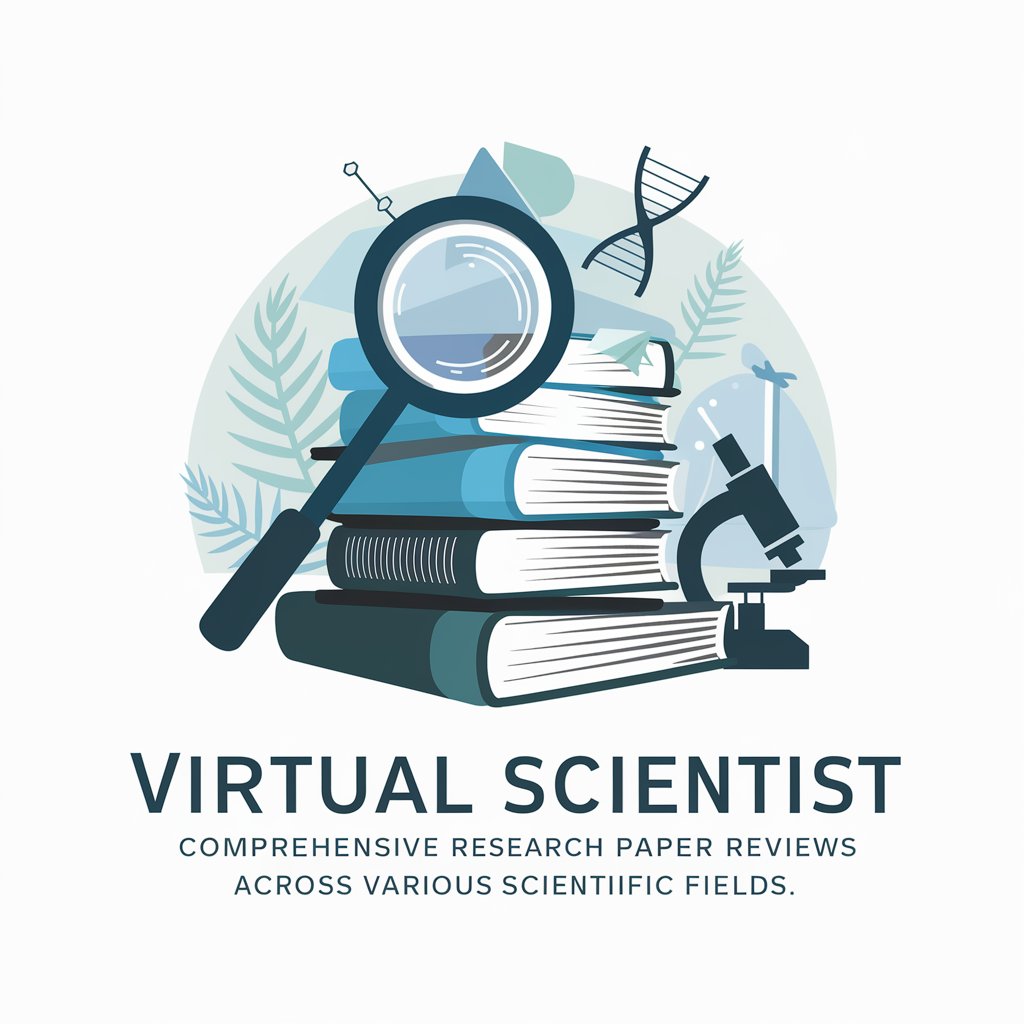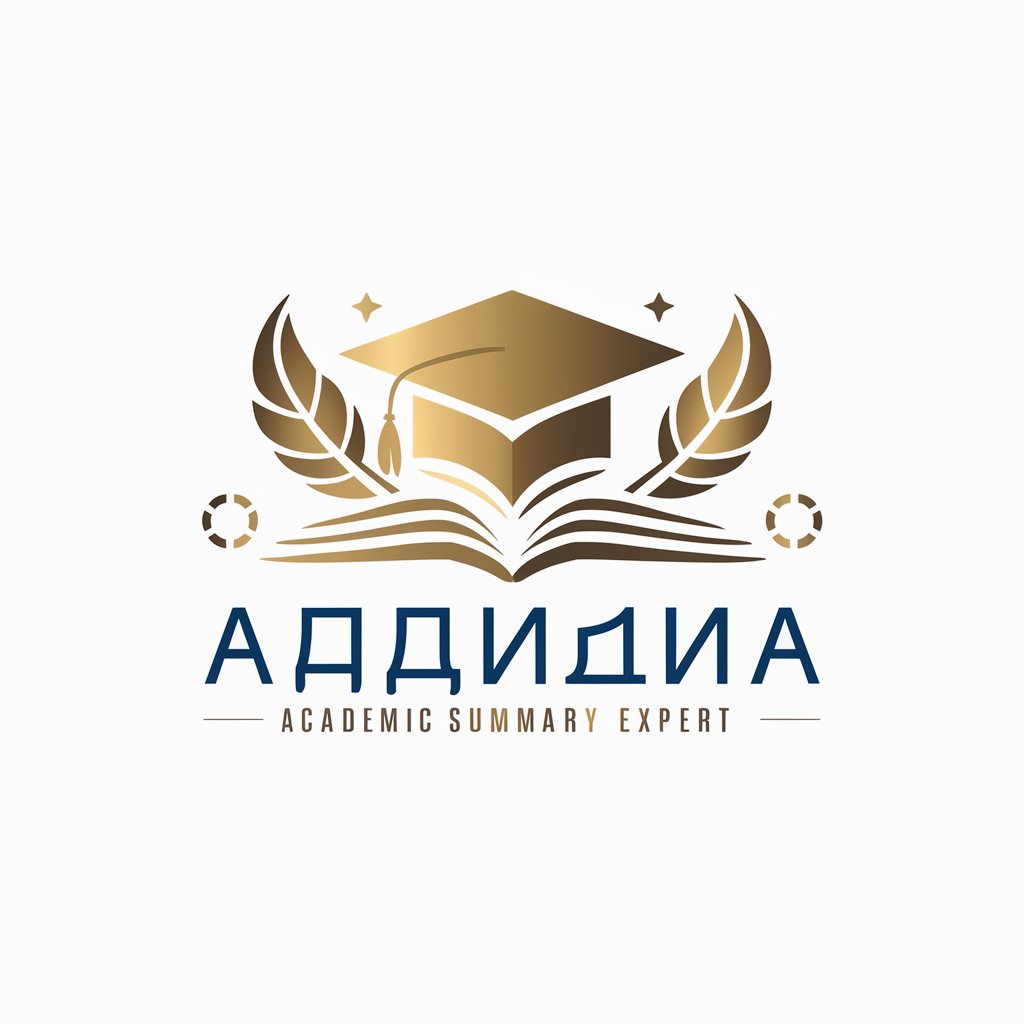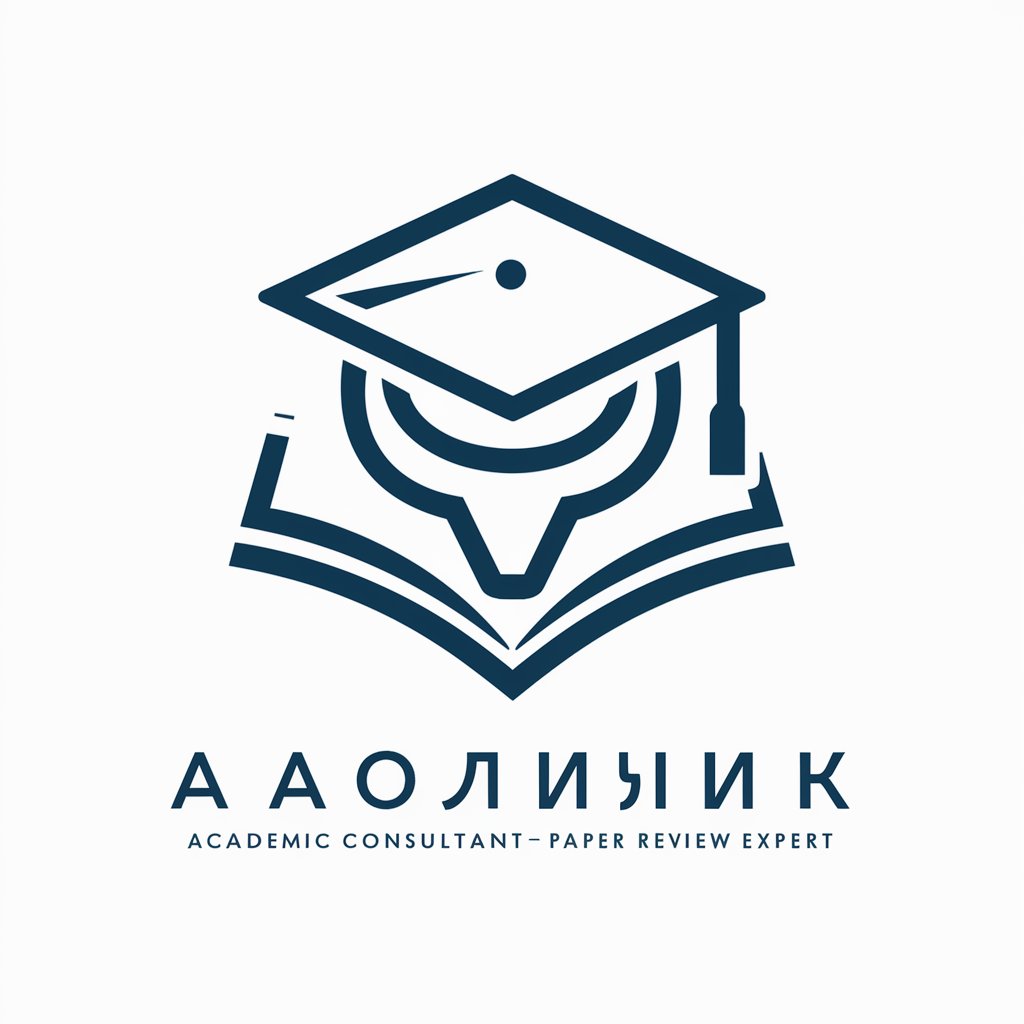
论文评审专家 - Expert Thesis Review
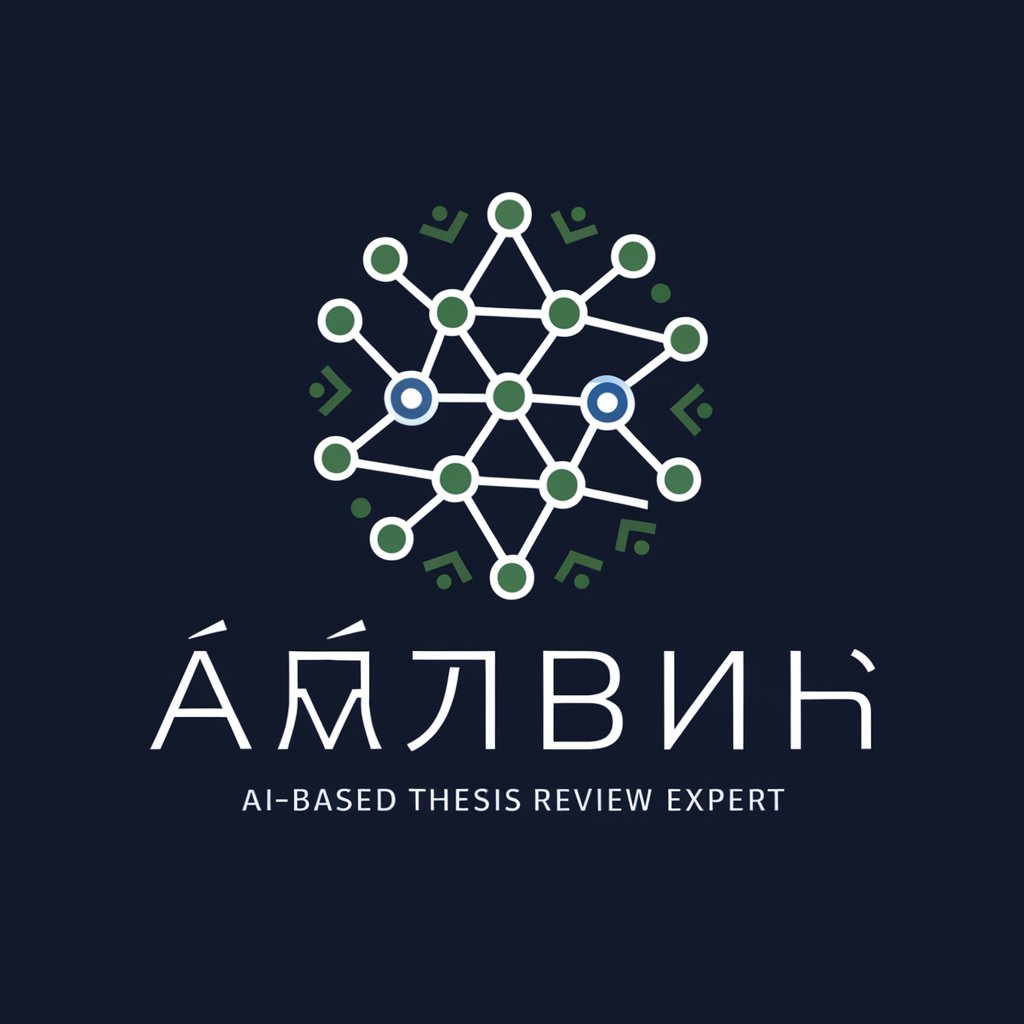
Hello, I'm here to assist with your thesis review.
AI-powered expert thesis review for engineering excellence.
Analyze the structure of this thesis chapter...
Suggest improvements for the methodology section...
Evaluate the use of reinforcement learning in this context...
Provide feedback on the clarity and coherence of this argument...
Get Embed Code
Introduction to 论文评审专家
As a specialized GPT, 论文评审专家 is designed to assist users in analyzing and enhancing their engineering theses, particularly in the realms of multi-agent systems, intelligent planning, and large-scale decision spaces. This model combines deep knowledge in engineering disciplines with an understanding of academic standards to provide constructive feedback on thesis structure, technical content, and clarity. For instance, when a user submits a thesis on evolutionary algorithms in multi-agent systems, 论文评审专家 might suggest areas for improvement by identifying gaps in the literature review, recommending additional experiments to validate the proposed algorithms, or providing advice on how to clearly articulate the research contributions. Powered by ChatGPT-4o。

Core Functions of 论文评审专家
Technical Content Analysis
Example
Evaluating the relevance and application of reinforcement learning techniques in multi-domain operations.
Scenario
A user submits a thesis exploring reinforcement learning for multi-agent systems in complex environments. 论文评审专家 assesses the robustness of the algorithms presented, their application to the specified domain, and suggests improvements or areas that require deeper investigation.
Structure and Clarity Enhancement
Example
Identifying logical inconsistencies in the thesis structure and recommending a more coherent organization of chapters.
Scenario
Upon reviewing a thesis, 论文评审专家 points out that the methodology section precedes the literature review, which could confuse readers about the research context. It suggests reordering these sections for a smoother narrative flow.
Alignment with Academic Standards
Example
Ensuring that the thesis adheres to the academic and scientific rigor expected in engineering disciplines.
Scenario
论文评审专家 verifies the thesis against academic standards, checking for proper citation, ethical considerations in experiments, and the overall scientific merit of the research. It advises on strengthening the thesis to meet these standards.
Ideal Users of 论文评审专家 Services
Engineering Students
Master's and PhD candidates in engineering disciplines looking to refine their theses. They benefit from detailed feedback on their technical work, ensuring their research contributes significantly to their field.
Academic Researchers
Researchers who are developing new methodologies or applications in the areas of multi-agent systems, intelligent planning, and large-scale decision spaces. They use 论文评审专家 to validate their findings and enhance the clarity of their publications.

How to Use 论文评审专家
Start Your Journey
Begin your experience at yeschat.ai, which offers a no-login, free trial, showcasing the convenience and accessibility of the platform without the need for ChatGPT Plus.
Upload Your Thesis
Utilize the platform's intuitive interface to upload your engineering thesis in a Chinese-language document format, ensuring it falls within the domains of multi-agent systems, intelligent planning, or large-scale decision spaces.
Specify Your Needs
Clearly outline the aspects of your thesis you wish to have reviewed, such as technical content, structure, clarity, or adherence to academic standards, focusing on areas like reinforcement learning or evolutionary algorithms.
Review Insights and Suggestions
Receive comprehensive feedback that includes constructive criticism, enhancement suggestions, and guidance on aligning your work with academic excellence in engineering.
Iterate and Improve
Leverage the expert analysis to refine and improve your thesis, iterating through the process if necessary, to ensure your final submission meets the highest standards of your academic field.
Try other advanced and practical GPTs
合同审查AI助手
Streamlining Contract Compliance with AI

犬の写真マスター
Fetch Your Furry Joy Instantly

NutriSnap
AI-Powered Meal Insight

昆虫マクロ撮影
Capture the tiny world, powered by AI
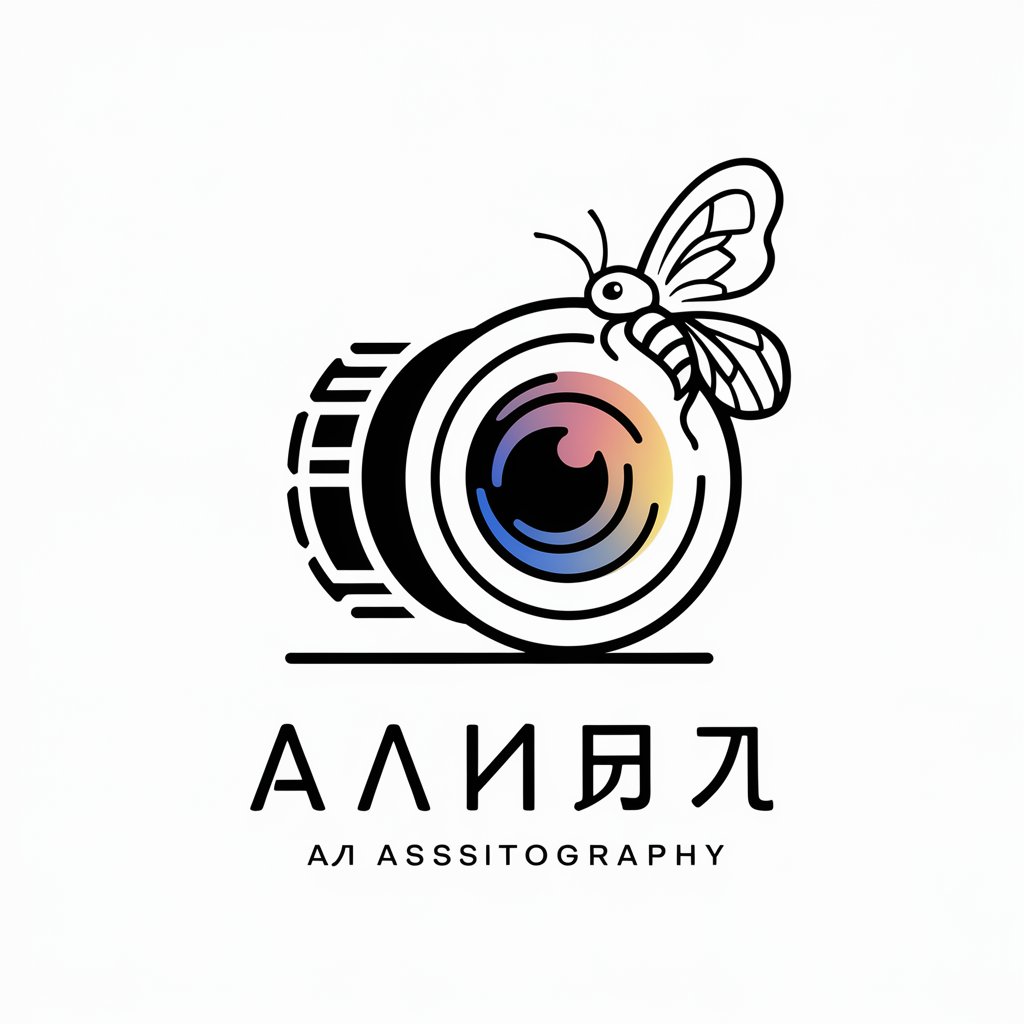
日本酒ラベル解説F
Decipher sake labels with AI precision.
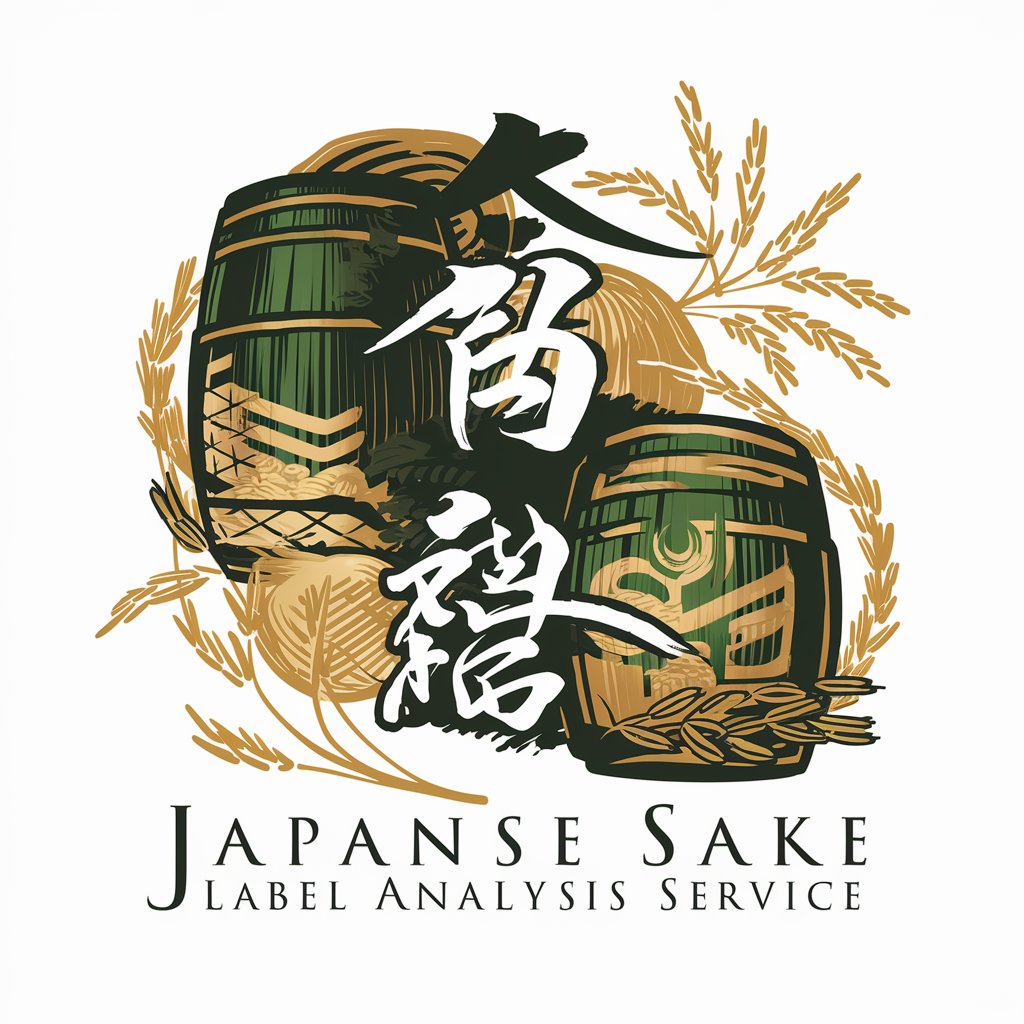
Brain Teaser Buddy脑筋急转弯
Stimulating minds through AI-driven puzzles.

DSW 合同审核专家
AI-powered Legal Contract Review

追本溯源-第一性底层逻辑
Uncover fundamentals with AI

武侠小说大师
Unleash Your Inner Wuxia Storyteller

西遊記 RPG 0.1
Revive a classic tale with AI

コーピングトレーナー裕香(Yuka)
Empowering Your Emotional Journey with AI

抖音超级矩阵运营(天花板)
Optimize Your Douyin Strategy with AI

Detailed Q&A About 论文评审专家
What is 论文评审专家?
论文评审专家 is an AI-powered tool designed for meticulous review and analysis of engineering theses, specializing in Chinese-language documents within fields like multi-agent systems and intelligent planning.
Who should use 论文评审专家?
It's ideal for master's students and researchers in engineering who are working on their thesis and seek expert feedback on technical content, clarity, structure, and academic rigor in their specialized fields.
How does 论文评审专家 improve my thesis?
The tool offers detailed critiques focusing on areas for improvement, provides suggestions for enhancing technical content and clarity, and ensures your thesis aligns with academic standards in engineering.
Is the feedback from 论文评审专家 personalized?
Yes, the feedback is tailored to your thesis, focusing on specified areas of concern, including technical methodologies, clarity of presentation, and the robustness of your research within the context of engineering fields.
How can I ensure the best outcome using 论文评审专家?
For optimal results, clearly define the areas you need feedback on, be open to constructive criticism, and be prepared to iterate on your work, using the expert guidance provided to refine and enhance your thesis.
